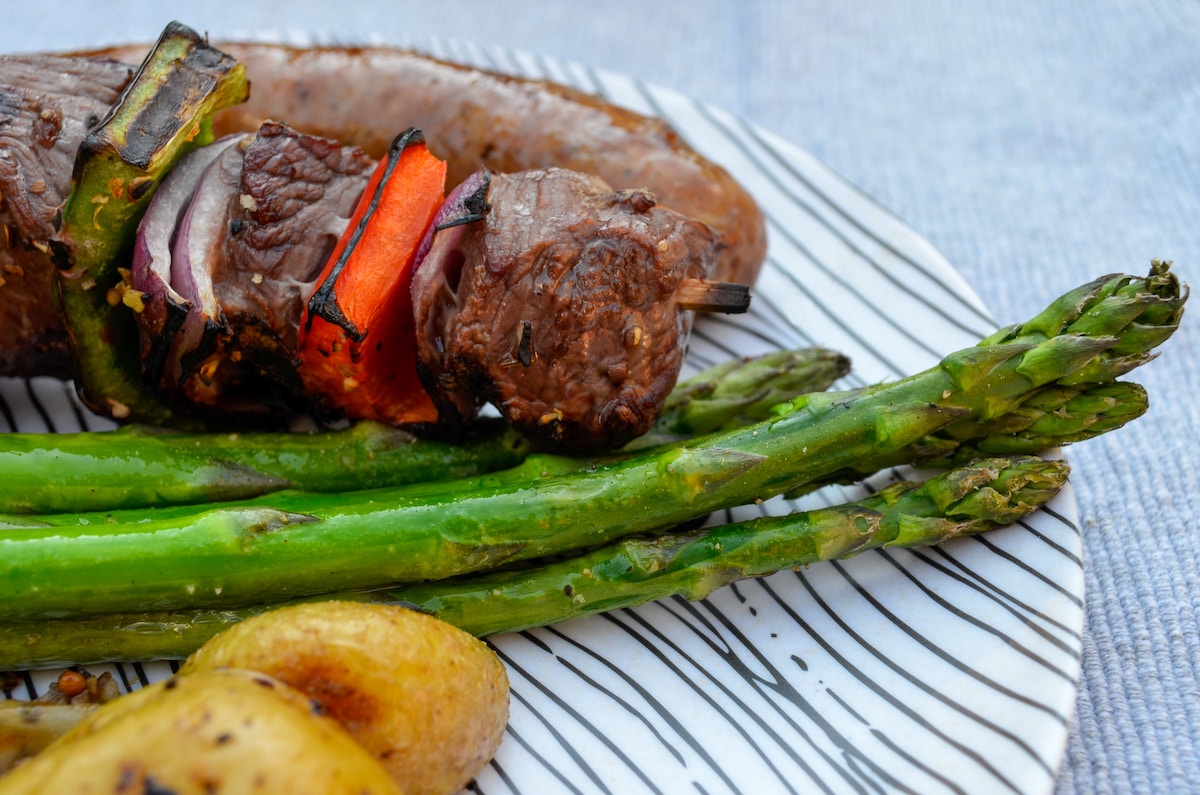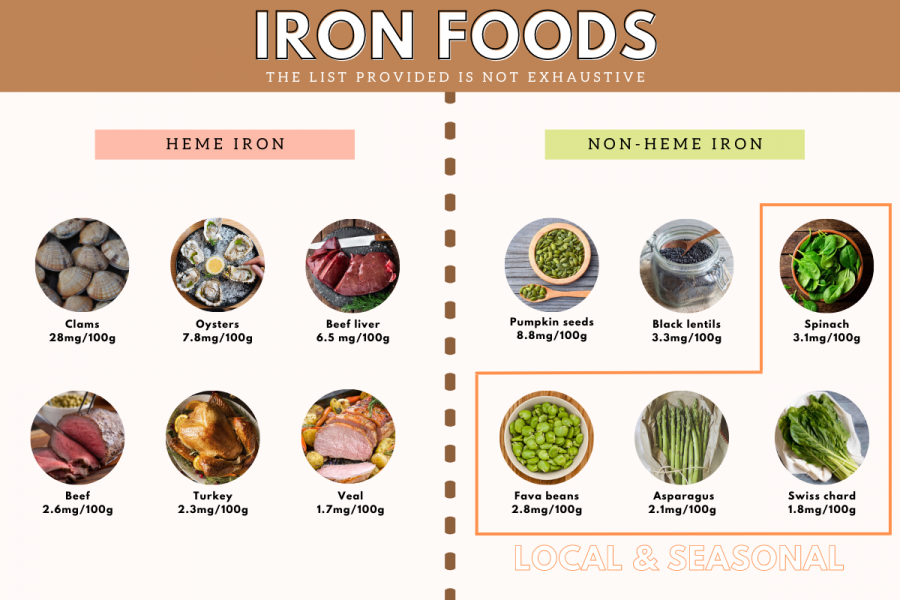Iron is a vital mineral that plays a crucial role in our health and wellbeing. In this article, we explore the importance of iron intake and how it affects performance.
Iron is the primary contributor to oxygen transport in the body. It is an essential component for the formation of haemoglobin, a protein in red blood cells that carries oxygen throughout the body. It also contributes to energy metabolism, making it critical for athletes.
An iron deficiency can lead to anaemia, which reduces the production of haemoglobin. Studies have shown that 15-35% of female athletes are deficient, while around 5-11% of male athletes are.
If you’re deficient in iron, you will have a lower aerobic capacity, which will decrease your performance in sports that require endurance. This includes middle and long-distance running, team sports such as football, basketball, handball, rugby, and any sport with a sustained effort.
GETTING IRON FROM OUR DIET
Iron is available in two forms: heme iron and non-heme iron. Heme iron is found in animal foods such as meat, fish, and poultry. Non-heme iron is found in plant-based foods such as beans, lentils, and leafy greens.
Research suggests that heme iron is more easily absorbed by the body than non-heme iron, making it the preferred source of iron intake. However, both types are crucial in maintaining adequate iron levels, and a well-planned vegetarian or vegan diet can provide sufficient amounts.
Training factors can also affect iron levels, such as low energy availability, menstrual cycle, muscle contractions, high ground impact forces, gastrointestinal bleeding, high sweating, and regulatory hormone responses.
CHECKING LEVELS
Symptoms of iron deficiency include fatigue, negative mood, lethargy, or being less efficient at work. If you experience these symptoms, it might be worth checking your iron levels. For competitive athletes, checking levels regularly with a professional may be beneficial to optimise training and performance.
Good starting levels of iron or supplementation are required when going on an altitude camp. One of the primary goals of an altitude camp is to improve aerobic capacity by increasing red blood cells. As iron is essential for generating new red blood cells, good levels will benefit athletes.
HOW MUCH IRON DO YOU NEED?
The recommended daily intake of iron varies depending on different factors such as age, sex, or pregnancy but is generally around 8 mg for males and 18 mg for females. However, athletes may need higher amounts of iron to support their increased energy expenditure. Some researchers have shown that athletes who consume more than 20 mg of iron per day can improve their performance.
SOURCES OF IRON
Iron can be found in a variety of foods, including whole-grain cereals, fish, poultry, and meat. It is recommended to consume vitamin C-rich foods such as bell peppers or citrus fruits with iron-rich foods to enhance iron absorption. On the other hand, some components such as polyphenols, phytates, or calcium (in tea, coffee, legumes, and dairy products), may decrease the amount of non-heme iron absorbed. It is also recommended to consume iron away from training to maximise absorption. Additionally, consuming iron in the morning may be more beneficial than at other times of the day.
IRON SUPPLEMENTS
It is important to note that while dietary intake is the preferred way to obtain iron, supplements can be used in certain situations. However, it is crucial to consult a healthcare professional before taking any supplements to understand their role and determine if they are necessary. Taking too much iron can be harmful and lead to iron overload, which can cause damage to different organs.
In conclusion, iron is a critical mineral that plays an essential role in our bodies. Whether you are an athlete or just looking to maintain your health and wellbeing, consuming enough iron is vital. By including iron-rich foods in your diet and following some simple guidelines, you can ensure that you are getting enough iron to support your body’s needs.
Tristan Boetti is a sports nutritionist. Through his company Performance & Bien-Être Monaco, he works with professional athletes as well as recreationally active individuals to help them achieve their goals through customised nutrition plans and expert advice.

